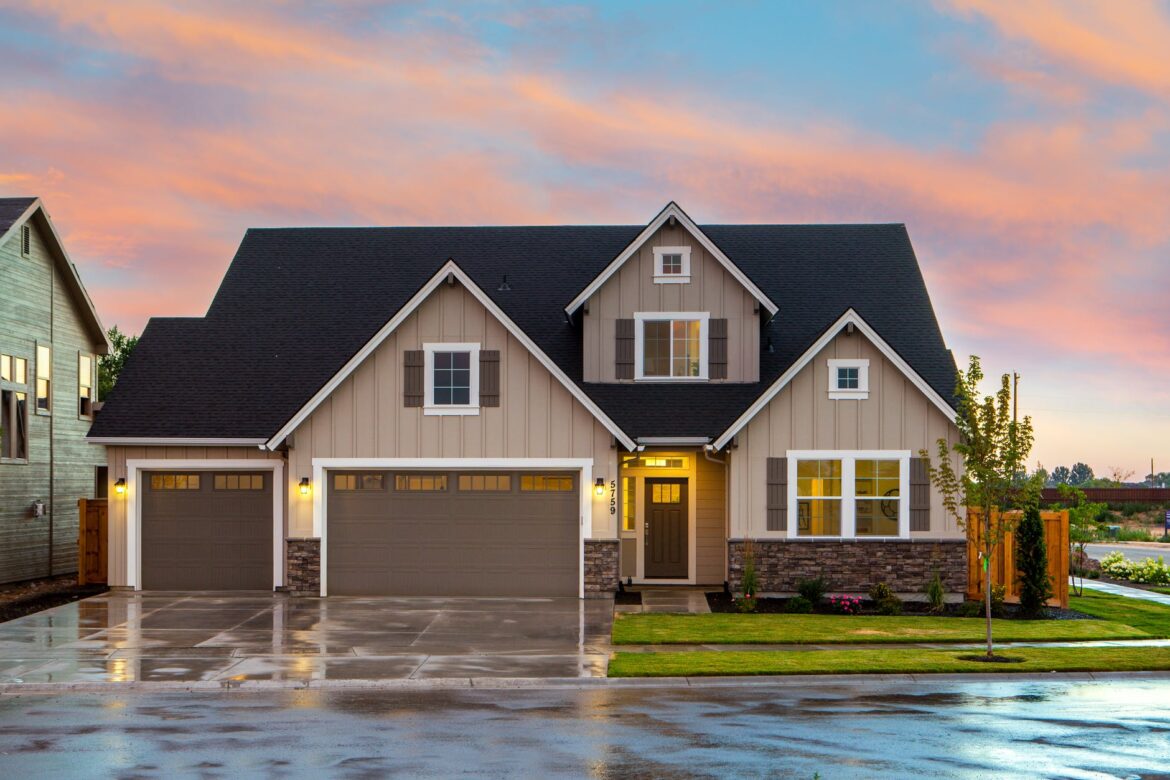When you buy a home for yourself, it becomes imperative to protect it with a homeowners insurance policy. However, many homebuyers remain unaware of the intricacies of homeowners insurance policies, due to which they either buy the wrong type of policy or end up paying too high a premium. Here’s a quick guide on homeowners insurance that will help you make a more informed decision when buying or renewing your policy.
What Is Homeowners Insurance?
Homeowners insurance offers coverage against losses or damages to your home and possessions. In addition, it also includes liability insurance. If you buy your home on a mortgage, your lender will most likely insist that you buy homeowners insurance. Even if you are buying your home outright with cash, it’s still a good idea to be covered against possible losses in the future.
What Is Covered By Homeowners Insurance?
The coverage offered by homeowners insurance will only kick in once you experience a loss. Most standard policies cover damages or losses caused due to the following perils:
- Theft, break-ins, and vandalism
- Fire, wind, lightning, smoke, hail, and explosions
- Uprooted trees
- Weight of snow, ice, and sleet
- Damage caused by a car or any other vehicle
- Water damage due to a ruptured pipe
What Are The Exclusions?
It’s important to be aware of what your policy doesn’t cover before you sign up for it. The common perils that are excluded from coverage are:
- Floods or damage due to sewers backing up into your home
- Earthquake or landslides
- Wear and tear over a period of time
- Intentional damage to your home
- Pollution damage
If you live in a flood or earthquake-prone region, it’s best to opt for additional insurance to cover these perils.
How To Save On Premiums?
Homeowners insurance premiums can range anywhere from a few hundred dollars to thousands of dollars annually. Given this, if you aren’t careful, you may very easily overspend on your policy. Keep in mind that insurance providers can charge very different premiums for policies that offer the same coverage. So, it’s a good idea to do some initial research, decide what type of policy you need, and then shop around for a homeowners insurance policy with the best rate.
